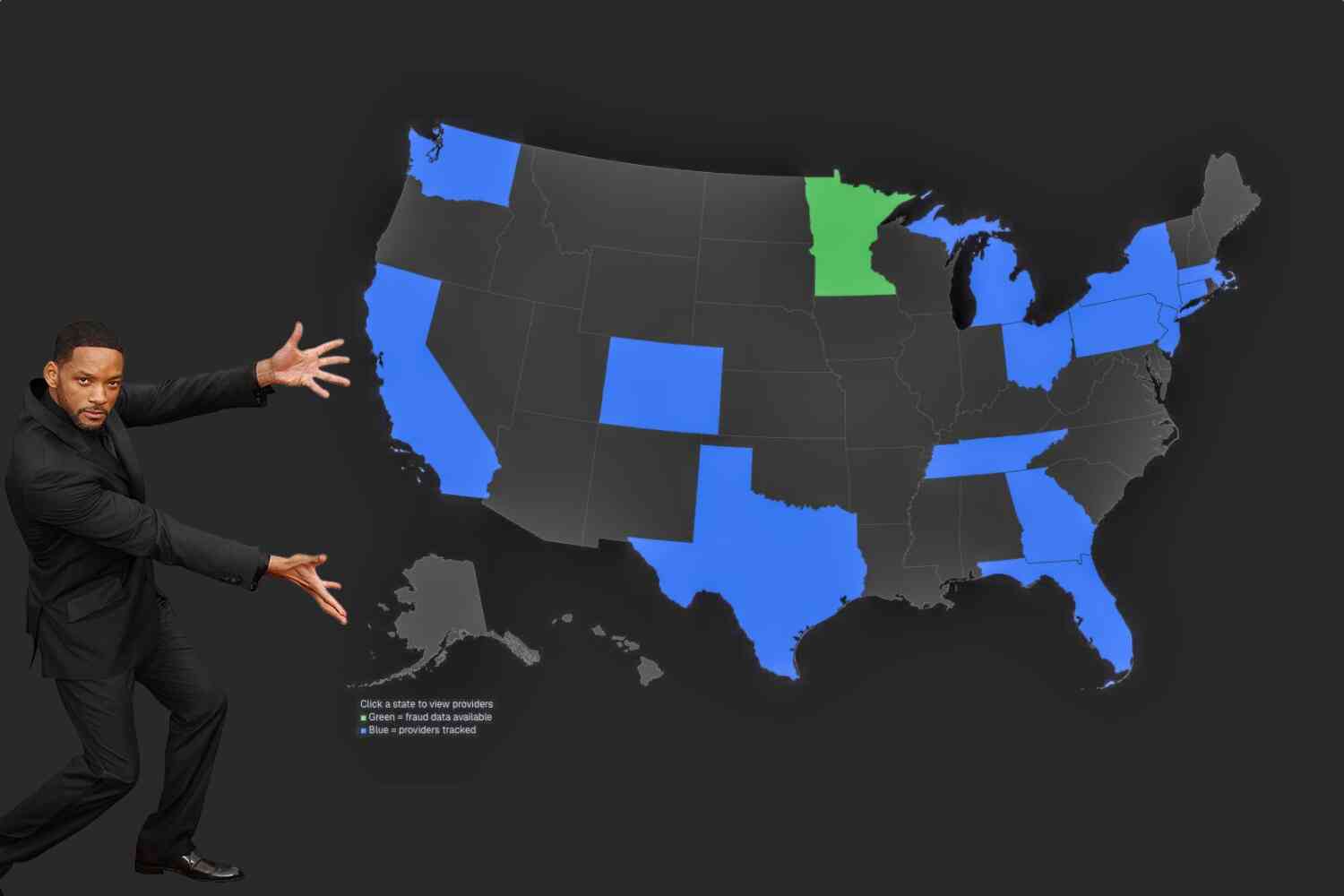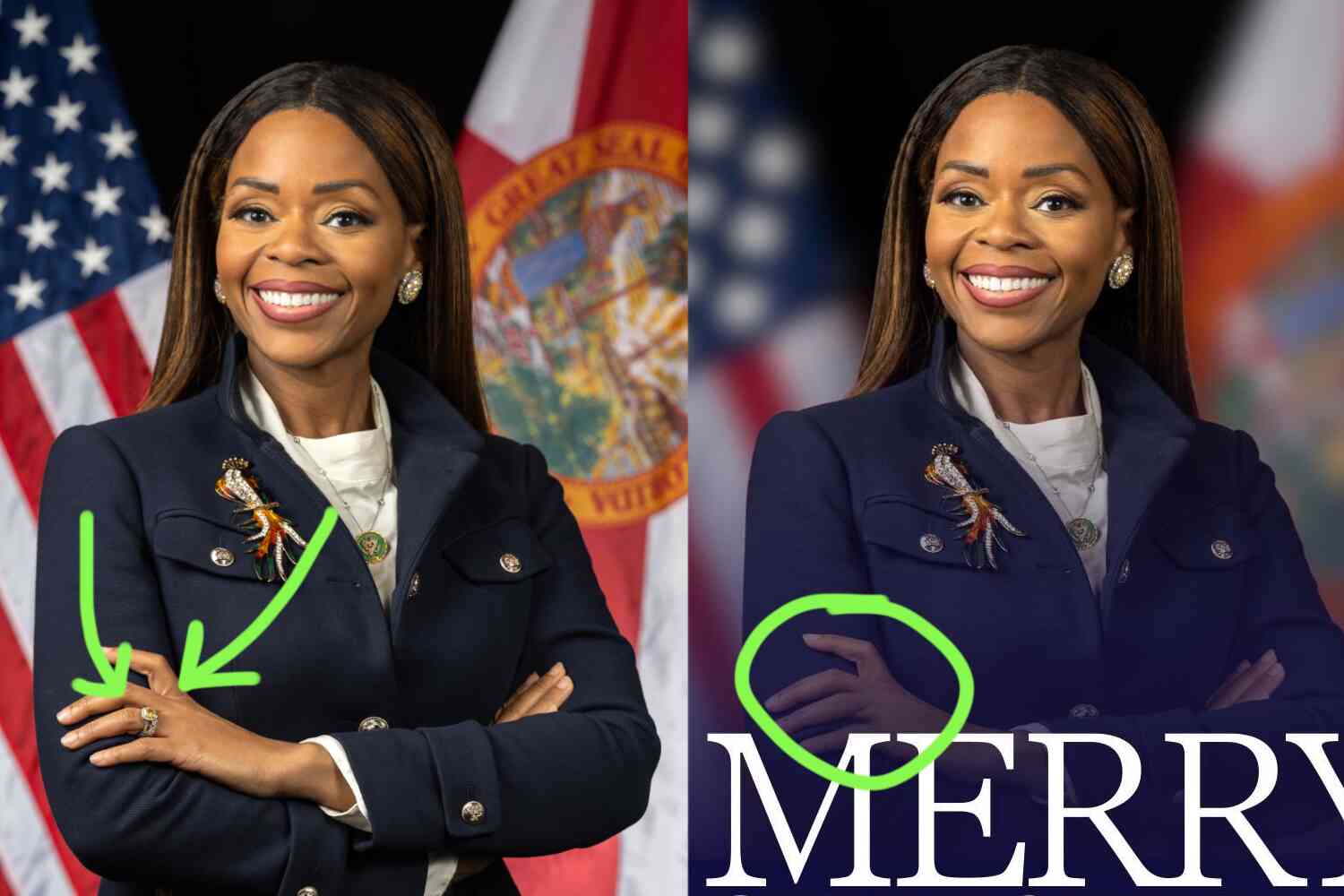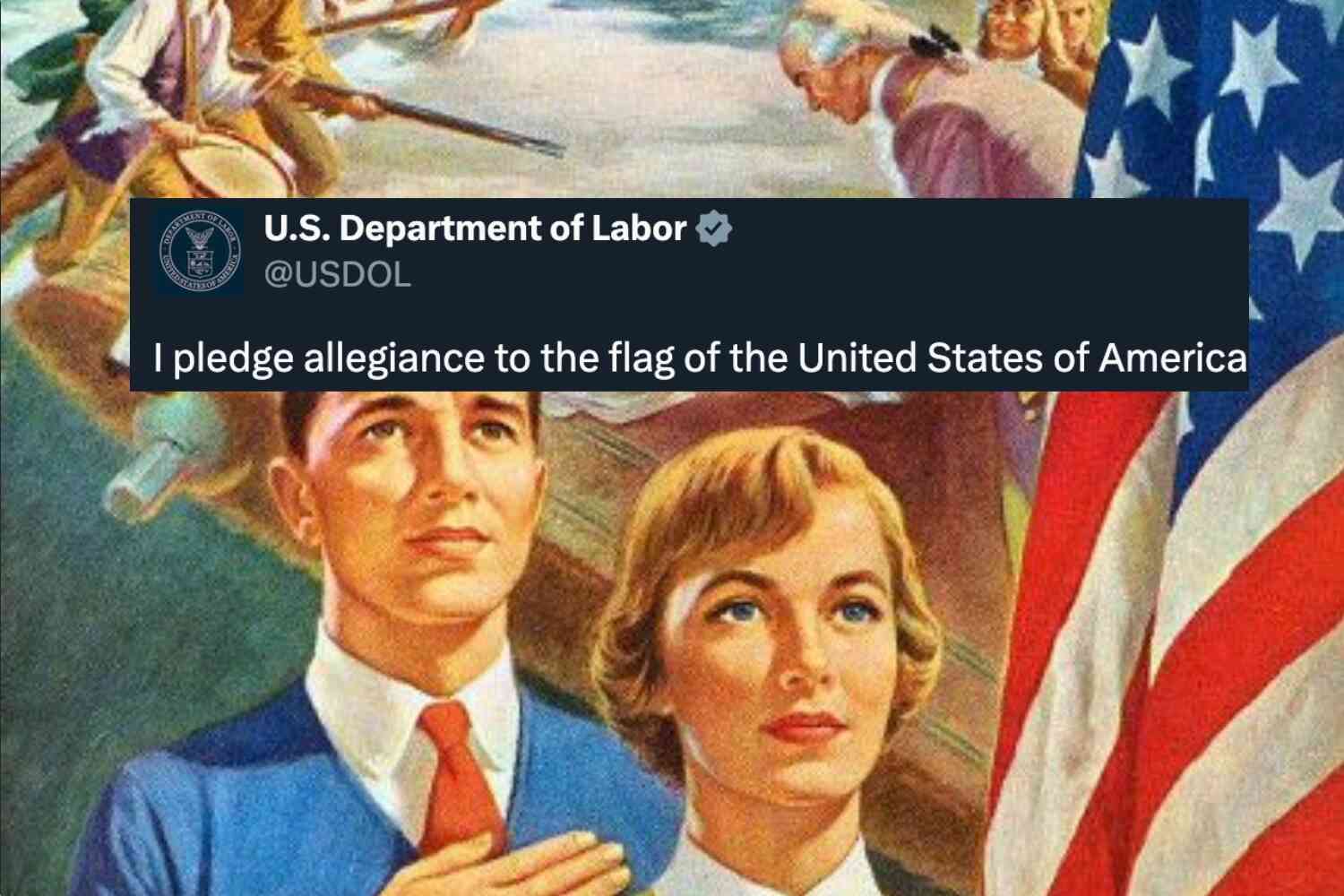We're from the government and we're here to... yeah.
File this under, "no good deed goes untaxed."
Like so many others, the lockdowns hit the craft distillery business hard.
The COVID-19-related closure of tasting rooms and cocktail bars, loss of tourism, and inability to offer in-store sampling slashed their sales revenue and cut them off from their customers.
You probably assumed, as I did, that the alcohol business was doing just fine, particularly given that the sale of booze was deemed "essential." Well, it's benefiting some. Want to hazard a guess as to who?
The popular perception is that consumers have compensated for lost bar and restaurant sales by purchasing more liquor to drink at home. While there's some truth to that, aggregate statistics obscure the fact that the gains have not been evenly distributed. Established liquor brands are reaping the benefits of increased retail sales, but craft distillers are getting crushed.
People are drinking, they just aren't shopping, and small craft distilleries depend on on-premises sales. They simply do not have the distribution or national reach of the large distilleries.
According to the market research firm Nielsen, off-premise sales of liquor in the United States are up about 30 percent year-over-year for the pandemic period. Despite this massive growth, sales revenue for craft distilleries is expected to decline by more than $700 million in 2020, representing about 40% of sales in that sector.
Regardless, they were ready to do their part and eager to keep the doors open and their employees getting paid, and so stepped up and used their prodigious capacity to produce alcohol to provide front-line healthcare workers with the protection they so desperately needed. Many donated much of their product or sold it at cost.
From the beginning, the FDA still got in the way.
The FDA's mandate that all alcohol used in sanitizer first be denatured—rendering it undrinkable—created a bottleneck that raised costs for distillers and slowed production.
Because that's the kind of thing you need to worry about amid a national crisis. Sure, people are dying and hospitals are running out of supplies, but boxes have to be checked, procedures followed, and papers shuffled.
Despite all that, 800-plus craft distilleries fought through the red tape, the labeling requirements, the bottle regulations, and so on to do what was right.
And then they discovered this week that there were some costs associated with being classified as an "over-the-counter drug monograph facility."
Really, that's just common sense.
Well, if you work at the FDA it's common sense, or were an actual over-the-counter drug monograph facility and not just a moonshiner gone legit bottling booze.
A drug monograph is a predetermined checklist covering active ingredients, doses, formulations and product labeling that the agency considers generally safe and effective for self use.
We're still talking about hand sanitizer in case you were wondering, not chemotherapy treatments or beta-blockers.
This designation was made under the CARES act that was necessary to create the emergency authorizations that allowed for the production of these needed supplies and equipment.
Reminder: In a real capitalist economy you would not require permission from the government to make and sell hand sanitizer, you would just, you know, make and sell hand sanitizer.
Because it's hand sanitizer.
In any case, as an "over-the-counter drug monograph facility," distilleries, regardless of size or sales, received a $14,060 assessment to cover the FDA's cost to regulate them, regulation that they never asked for or even knew about at all because they tried to do a good deed.
You know who doesn't have to worry about where their next meal is coming from or how they are going to keep their doors open? The FDA.
It's good to be the king.
Lest you think $14,060 is an arbitrary number, rest assured, this is a large federal bureaucracy, they cross their Ts and dot their Is. (Sometimes in triplicate.)
To determine the number of full fee-paying equivalents (the denominator) to be used in setting the OMUFA fees, FDA assigns a value of 1 to each MDF (1,541) and a value of 2/3 to each CMO (171 × 2/3 = 114) for a full facility equivalent of 1,655 (rounded). The target fee revenue of $23,269,000 is then divided by 1,655 for an MDF fee of $14,060 and a CMO fee of $9,373.
Did you read that? Be honest.
For those of you who have gotten this far with a handful of functioning brain cells left, the "target fee revenue" is the money they need to administer their regulatory oversight.
I don't want to brush by that part, as much as we've been conditioned to.
The FDA determines how much money they need, and then simply backs into how much money you need to give them.
Good work if you can get it.
And just how was that "target fee revenue" number determined? More like the above, including this,
Under OMUFA, $14,000,000 is added to the facility fee revenues for FY 2021 to account for additional direct costs (see section 744M(c)(3)(A) of the FD&C Act).
"See section 744M(c)(3)(A) of the FD&C Act."
I considered looking that up, but I believe I've already lost vision in one eye, and so dare not wade through any more of this.
Naturally, the craft distilleries are in a panic. In fact, they have until midnight tonight to remove themselves as an over-the-counter drug monograph facility or they risk being assessed another $14,060.
Unfortunately, given the time of year, they are having difficulty getting a hold of anyone.
However, the FDA did appear to find the time to congratulate themselves on how wonderful they are.
It's good to be the king.









